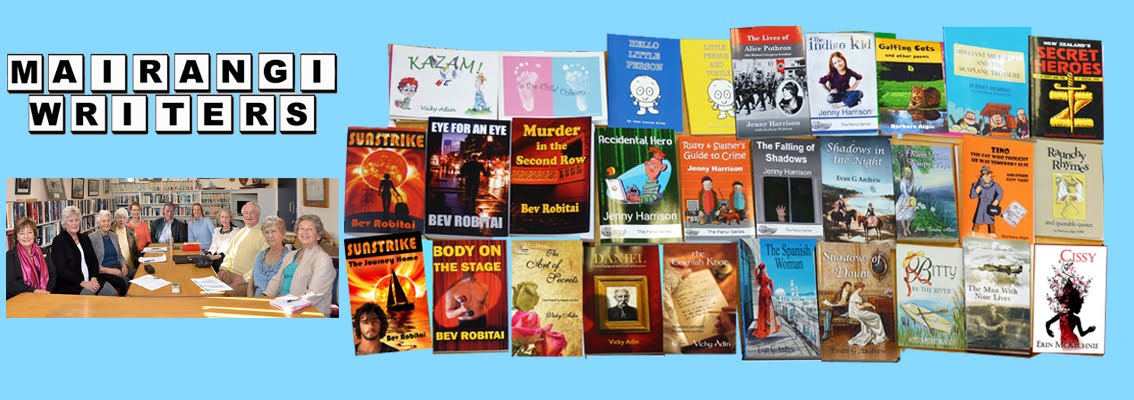Organization:
Make Your Annual
Plan Now
Nothing is more
important to your writing business
than making an annual plan.
Even if you
don’t follow it completely. (You won’t.)
Even if your
year takes a drastic left turn. (It will.)
Even if you
bite off way more than you can chew. (You greedy dog, you.)
Those pesky motivational
geeks constantly tell us that “if you don’t have a target, you’ll never hit
it.” It’s a platitude, but they’re right, curse them.
It may take you
five years to do all the stuff you foolishly cram into your annual plan. That
can be frustrating, but so what? Life is full of frustrations, and then you
die. Being frustrated is better than dying, so don’t sweat the frustrations.
First Things First
There’s one thing you
should do before you make that annual plan for next year. Haul out the one you
made last year (if you made it), and look at it. Read the whole thing.
What went right for
you this past year? Was that part of the plan, or was it one of those serendipity
things that fell into your path?
What went wrong? Was
that something you could have predicted, or did it just come out of left field?
Did you achieve
everything in last year’s plan? If so, then bravo. If not, then you may have
aimed too high. That’s not so tragic. Aiming high is a good thing.
Did you make a
reasonable effort to execute your plan? How many hours did you actually put in?
(If you don’t know, then now would be a good time to set up some kind of tool
to track your hours. A lot of writers use a spreadsheet, and that works pretty
well. I use an online tool at HarvestApp.com that
makes it easy to track my time and pay myself an hourly wage for every
different kind of task. This costs me $9/month, but I think it’s well worth
it.)
Looking back at 2014, I see
that I only accomplished a small fraction of the things in my plan. But they
were the right things. I edited and rereleased three books from my backlist and
wrote one new book. As a direct result, my writing revenue for 2014 shot up
rather drastically over 2013. I averaged about 90 hours per month on my writing
work, which was more than I averaged at my day job.
I’d rate the year a
success, even though I only completed 4 of the 14 items on my list. The
important thing is that I worked hard and felt happy working on the projects I
chose. It’s a bonus that my revenue took a leap upward.
One Thing to Remember
Bear in mind that
there are things you have control over and things you don’t.
You can’t control
whether some publisher somewhere decides to buy your work. (This is why indie
authors like being indie—they don’t have to depend on what a publishing
committee decides.)
You can’t control how
many people are going to buy your book.
You can’t control
sickness, family problems, and all the random stuff that happens to you.
You can control
(mostly) how many hours you put into your writing.
You can control what
projects you work on.
You can control what
sort of marketing plan you make and whether you execute it.
Now Make Your Plan For
Next Year
Let’s keep this simple and
shoot for the sure thing first. Write down the answers to the following
questions:
- What’s the one fantastic thing you’d like to achieve next year that’s actually in
your control?
- What sort of outcome do you expect from it? (That is, will it likely earn
you money and if so, what’s a reasonable amount to expect? It’s okay to
guess here.)
- How
much time and money
will it reasonably cost you to achieve this goal?
- Do
you actually have that much
time and money available in the year? If you have time and money left
over, then go ahead and repeat the above questions as many times as you
want, until you’ve run out of time or money to execute them all.
That’s your annual plan for
the year, in a nutshell. It won’t hurt to write it up in a document. It won’t
hurt to put your major goals on a sheet of paper and post them over your
computer, so you see them every day.
I did the above steps just
now and immediately saw that I was hoping to do far more than is humanly
possible next year. I can’t do ten major projects next year. I can do
two.
I also realized that
my #2 project has a predicted return on investment that’s massively higher than
the ROI for my #1 project.
So I’m rethinking things
to move the bigger revenue-generator closer to the beginning of the year. Money
is time. The more money you earn, the more time you free up to do what you love
doing most.
In 2015, track
your progress and review it monthly. Are you putting in as much time as you
thought you would? Are things taking longer than expected?
If you do your
annual plan now, well before the New Year begins, you can hit the ground
running on January 1. And have a great year.
This
article is reprinted by permission of the author. You can read the full piece here.
Award-winning
novelist Randy Ingermanson, "the Snowflake Guy," publishes the free
monthly Advanced Fiction Writing E-zine, with more than 10,000 readers. If you
want to learn the craft and marketing of fiction, AND make your writing more
valuable to editors, AND have FUN doing it, visit www.AdvancedFictionWriting.com.
